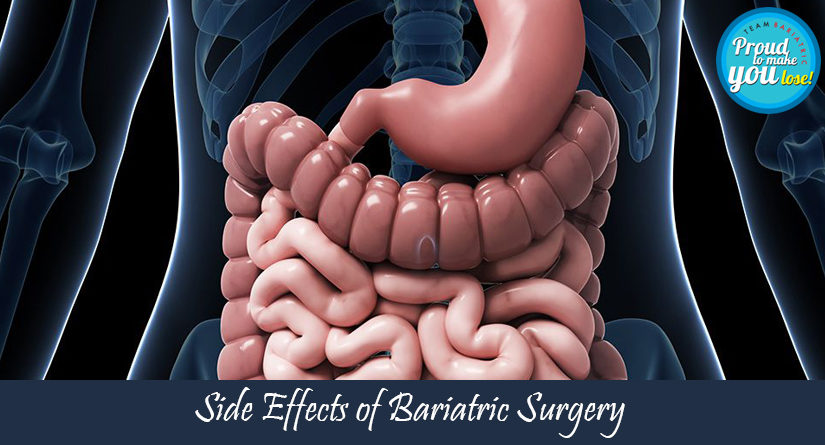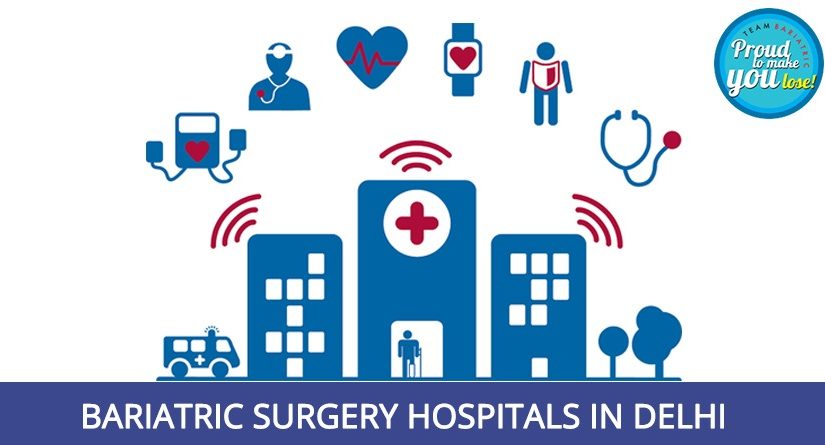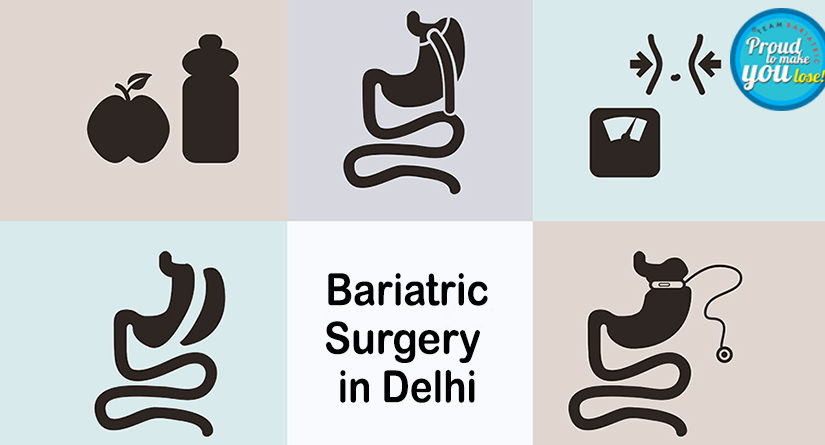The Liver Shrinking Diet: Essential Pre-Surgery Guidelines for Bariatric Patients
(FOR WEIGHT LOSS SURGERY 800 – 1000 CALORIES A DAY)
Patients need to follow this liver shrinking diet for the 14 days immediately before the surgery. It will reduce the fat and glycogen stored in your liver, make the liver smaller and allow the surgeon to perform the operation safely.
This diet is ONLY recommended before surgery and should NOT be followed at any other time as it is too restrictive.
- Have three meals a day and use the ‘extra’ fruit or yoghurts as desserts or as snacks.
- Try to vary the foods as much as possible during the fortnight to help make sure you are getting a good range of nutrients. It may be a good idea to start having the multivitamin and iron supplement (that you are recommended to take after surgery) while you are on this restricted diet.
- Do not guess weights – use scales to measure portions accurately.
- No sugar, cooking oils, margarine, butter, low-fat spread, mayonnaise or sauces are allowed.
- The following drinks and flavourings are allowed freely: Water, tea and coffee (using milk from allowance), low calorie squash.
- A small amount of the following can be added to food if needed: salt, lemon juice, vinegar, balsamic vinegar, garlic, herbs and spices, pepper, artificial sweeteners
- Include at least 2 litres (4-5 pints) of fluid a day.
Breakfast
30g non-sugar-coated and nut-free cereal e.g. porridge oats, ready brek, bran flakes, rice crispies, special K, cornflakes, shreddies, sultana bran. OR 1½ weetabix or shredded wheat OR 1 portion of fruit OR 1 diet yoghurt OR 1 small slice of bread or roll.
Lunch and Dinner
1 small slice of bread or small roll or 2 crispbreads or 100g potato (uncooked weight) – jacket, boiled or mashed with milk from allowance, or 30g (uncooked weight) of rice, couscous, pasta or noodles.
With
100g of vegetables OR cereal bowl of salad with 1 teaspoon of low-calorie dressing (no salad cream or mayonnaise)
With
Choose ONE of the following – all are cooked weights:
150g steamed or poached fish (No batter or breadcrumb coatings) OR 50g lean meat (Trim off all fat before cooking) OR 1 large egg eg poached, boiled or scrambled with milk OR 110g Quorn or Tofu OR 25g cheese eg. cheddar, brie, stilton etc. OR 50g low-fat soft cheese eg. Philadelphia light, Laughing Cow light etc. OR 75g chicken or turkey OR 100g tinned tuna/pilchards (not in oil) OR 50g tinned salmon/sardines (not in oil)
Each day also includes:
260ml (½ pint) of skimmed or semi-skimmed milk
2 portions of fruit (one of which could be swapped for a small (150ml) glass of fruit juice)
1 diet/light/virtually fat-free yoghurt or from age frais
A portion of fruit is:
1 large fruit eg. banana, apple, pear, orange, grapefruit OR 2 small fruits eg. kiwi, plum, satsuma
OR 200g strawberries, raspberries, blueberries, blackberries, rhubarb or gooseberries OR
10 grapes or cherries, OR 100g tinned fruit in juice
Preparing for bariatric surgery? Get your liver shrinking diet plan prepared by us at Smart Cliniqs by the top nutrition counselor in Delhi.















